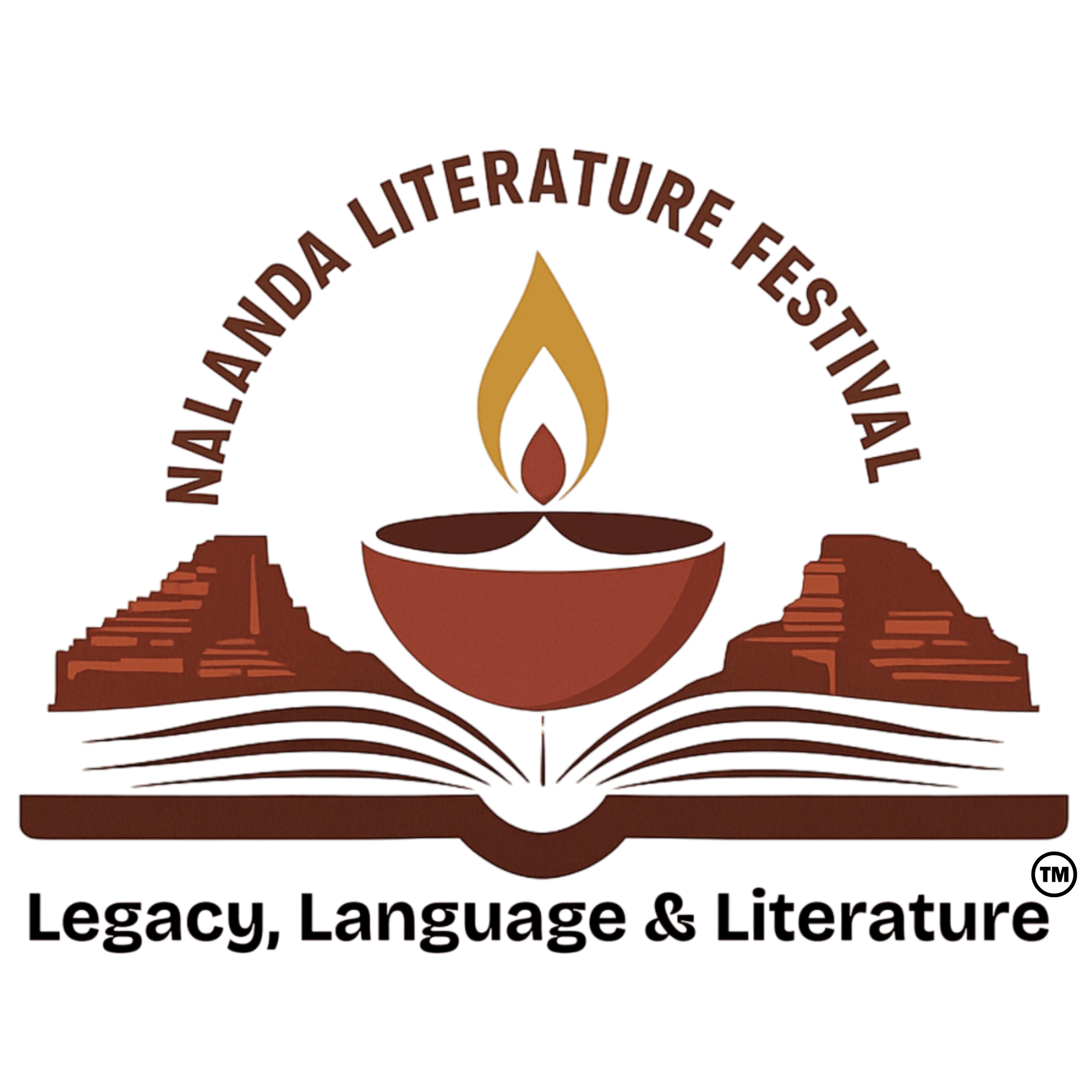The Flame That Never Died: Nalanda
When we think of the great centers of knowledge that shaped human civilization, few names shine as brightly as Nalanda. More than just a university, it was a beacon of ideas, a living library of human curiosity, and a symbol of India’s deep intellectual tradition.
Founded in the 5th century, Nalanda drew scholars, monks, and seekers from across the world. Here, philosophy, mathematics, astronomy, medicine, and literature were studied with equal rigor. The Chinese pilgrim Xuanzang, who spent years at Nalanda in the 7th century, wrote about its grandeur—its thousands of students, vast libraries, and debates that stretched late into the night. In a way, Nalanda was the world’s first truly global classroom.
But history has its tragedies. In the 12th century, the great libraries of Nalanda were set ablaze. The flames, legend says, burned for months. Thousands of manuscripts—centuries of wisdom painstakingly written and preserved—were reduced to ash. The destruction was not just of buildings, but of memory, knowledge, and voices that had once shaped civilizations. For a long time, Nalanda survived only in the writings of travelers and in whispered legends of its brilliance.
And yet, the flame never truly died. Memory has a strange resilience. Archaeologists, in later centuries, uncovered the remains of monasteries, temples, sculptures, and inscriptions that spoke of Nalanda’s glory. Travelers’ accounts—by Xuanzang, Yijing, and others—kept the story alive. Nalanda became not just a place in history, but a symbol of resilience: the idea that knowledge, once lit, can never be fully extinguished.
That is why the Nalanda Literature Festival feels so much more than a gathering of writers and thinkers. It is, in many ways, a resurrection. Every poem read, every debate sparked, every story told is part of the same continuum of knowledge that Nalanda once stood for. The festival is not just about literature—it is about reviving an ancient spirit of inquiry, dialogue, and imagination.
Standing amid the ruins, one cannot help but feel the silence of the past mixing with the voices of the present. The stone walls may be broken, but the energy of conversation breathes life into them again. Nalanda is no longer a story of loss—it is a story of rediscovery, of memory, of continuity.
In today’s world, where noise often drowns out reflection, Nalanda offers a reminder: true knowledge is about exchange, curiosity, and openness. It is about asking difficult questions and celebrating diverse answers. It is about keeping the flame alive—not for one culture, but for the world.
The libraries of Nalanda may have burned, but the spirit of Nalanda still glows—every time a reader opens a book, a thinker shares an idea, or a festival celebrates the written word.
The flame never died.
Nalanda lives on.


